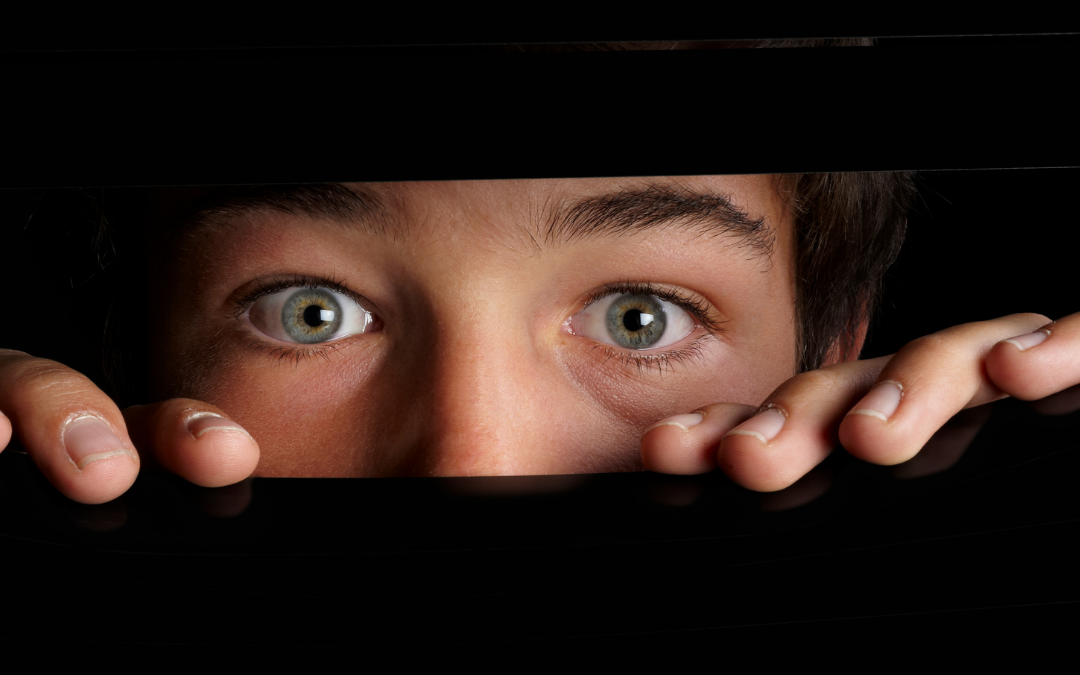As we exit lockdown, we might experience a range of feelings, from excitement and reprieve to stress, anxiety and fear.
Why do we feel anxious, readjusting to “normal” life?
Well, even positive change can lead to anxiety, and it can take time to readjust to things we have not done for a while.
We are creatures of habit. We have made adjustments to our routines and lifestyles during the lockdown. While it may not be what we wanted, or something we enjoyed, we found ways to adapt, adjust and get accustomed to our new routines. It will take some time and effort to create a new daily routine. Some people may even miss the positive aspects of lockdown, such as not commuting to work, being able to exercise more, more home-cooked meals, saving money, spending more time with family or roommates, and greater flexibility in work hours.
Here are some tips to think about over the coming weeks to help you ease back into our new ‘normal’ and manage your anxiety and stress to cope with life after lockdown
- Go at your own pace: There’s no need to rush, you don’t need to say yes to everything. Take it step by step, and only do what is comfortable for you, you’re allowed to slowly ease back into socialising. Do not avoid things entirely.
- Avoiding the things that make us anxious can feel like the easier option in the moment, over time avoidance makes us feel as anxious or even more anxious in those situations in the future. Going to these places and doing these things more often, helps reduce anxiety over time.
- Adjust expectations: try to accept that life won’t be exactly how it was before lockdown.
- If you’re feeling anxious, it may be helpful to set yourself small manageable tasks and goals, at a pace that’s manageable for you and slowly getting you out of your comfort zone.
- Make plans you are comfortable with: see people you know well, perhaps one on one or in small groups.
Home has been a safe space for many of us during the lockdown. While lockdown may come to an end, there’s uncertainty regarding our future. What impact the pandemic will continue to have on our lives, will there be another lockdown. If you’re feeling anxious about things there are some things you can try.
- Be kind to yourself / self-compassion: Accept the fact that’s ok not to feel ok right now.Even positive change can lead to anxiety. It’s ok to feel tired, anxious or frustrated. Try not to be critical or judge yourself.
- Relax: To lower the stress levels. Set aside some time in your day for the things you enjoy, reading, cooking, gardening, playing games, or doing puzzles, craftwork, etc
- You could try mindful breathing, which has been shown to be very effective in managing stress and anxiety
- Improve your sleep: Our sleep may be a little out of routine with lockdown, so try to go to bed at around the same time every night and wake up around the same time every morning. Getting a good night’s sleep will help.
- Exercise and eat well: moving your body is one of the best ways to help your body cope with the physiological effects of stress. Try moving several times a day, go for a walk, have a little dance, do some star jumps, anything you can to get your body moving.
When is it time to seek professional help?
Anxiety is a normal human experience. Yep, that’s right, it’s normal. We all feel anxiety. In fact, it can actually be helpful when anticipating frightening situations. This is because the physical symptoms of anxiety are coming from your body’s nervous system response, which is a natural reaction to a feeling of fear or worry about what’s to come.The main difference between normal anxiety and problematic anxiety is if your feelings of anxiety are extreme, If you’re distress or anxiety that persists for weeks and is impacting your ability to do day to day things like go to work, or school it may be time to speak to a mental health professional,
It may be time to chat to a GP to check there are no underlying health issues that may need to be addressed and to discuss the option of speaking to a mental health professional.
Seeking immediate help in Australia?
- Lifeline on 13 11 14
- Beyond Blue on 1300 224 636
- MensLine Australia on 1300 789 978
- Suicide Call Back Service on 1300 659 467
- Kids Helpline on 1800 551 800
- Headspace on 1800 650 890
- QLife on 1800 184 527
- Relationships Australia on 1300 364 277
- ReachOut Australia
Directories for finding mental health professionals:
- BeyondBlue Find a Professional
- Find a Social Worker
- Find a Clinical Psychologist
- Find a Psychologist
- Find a Psychiatrist








Recent Comments